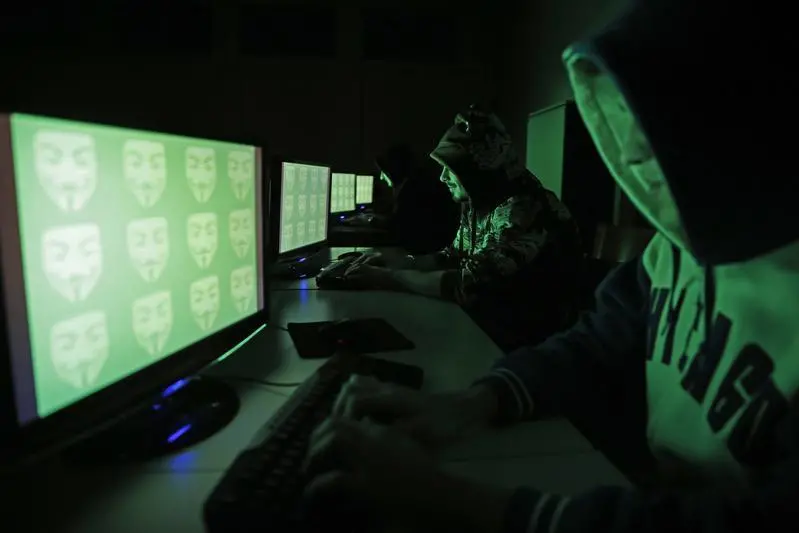PHOTO
Monday, May 15, 2017
Even as governments and companies around the world began to fight back against the WannaCry ransowmware attack, media outlets around the world debated the future course of action.
“The cyber-attack on the UK health service, which also brought down systems in at least 150 countries, is an illustration of the vulnerability of the networks and software on which societies and economies now depend,” said the Guardian in an editorial. “In an ironical twist, it appears that the unknown writers of the ‘WannaCry’ malware had themselves left a security hole in their creation, which allowed the attack to be halted once their mistake was discovered. We do not yet know how much damage WannaCry caused. People may have died; trauma units have been shut down and operations postponed. The attack serves, among other things, as a warning that nothing and nowhere is really secure,” the paper said.
Observing that the crucial weakness in Microsoft Windows that allowed the infection to spread had been identified years ago by the National Security Agency, the paper said: “It seems to have informed no one else. Had it seen its duty primarily as defending friendly computer networks, as Edward Snowden has suggested it does, it might have issued a warning. It did not. Only when the hacking toolkit was itself stolen and published on the web did Microsoft respond with a patch that offered protection.”
The Independent meanwhile said that after the cyberattack, spending on defence sectors should be channelled into cyber security. “Does the recent cyberattack not point to the folly of prioritising nuclear weapons over cyber security? Even nuclear submarines are vulnerable to computer interference, and while there are a quantifiable number of rogue possessors of a nuclear capability, the potential cyber terrorists are legion. Surely, our priority in defence spending should be on cyber security.”
The Japan Times called the attack a wake-up call and said: “The larger questions surrounding cyber security persist. The deepening integration of information technologies into all facets of daily life has created dangerous vulnerabilities. It may seem burdensome or inconvenient to pay attention to every security announcement from every IT manufacturer, especially as those technologies spread. But it is the responsibility of all stakeholders — governments, businesses, vendors and individual citizens — to be alert to the possibilities created by growing reliance on technology and take steps to protect themselves and others. WannaCry is only the latest reminder of the impact of the failure to do so; more will follow.”
The Philippines Star examined the attack in the context of the country and said: “As news of the WannaCry attack spread, Philippine authorities reassured the public that cyber security measures were being stepped up. The government is also setting up a secure data centre in Subic. Events in the recent past, however, have exposed the continuing high vulnerability of the country to cyberattacks. Last year the vulnerability was exploited in laundering $81 million (Dh297.51 million) through two Philippine casinos and a commercial bank... The country should not be lacking in tech-savvy individuals who can improve cyber security. Computer courses are among the most popular in the country, although many graduates are working overseas. Instead of using their skills for mischief, local techies can be tapped in fighting computer viruses and hackers. The WannaCry attack should give urgency to boosting cyber security.”
(ENDS)
Compiled by Chiranjib Sengupta | Hub Editor
Gulf News 2017. All rights reserved.





















